A new review outlines genetic engineering strategies, including CRISPR, to enhance the therapeutic potential of innate immune cells in cancer immunotherapy. The authors evaluate preclinical studies and emerging clinical data on how these cells can be retooled to overcome the limitations of conventional CAR T cell therapy.

|
Scooped by
BigField GEG Tech
onto Genetic Engineering Publications - GEG Tech top picks June 2, 2025 7:13 AM
|





 Your new post is loading...
Your new post is loading...

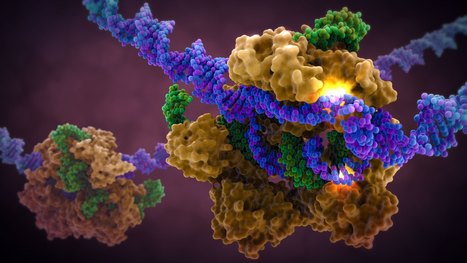




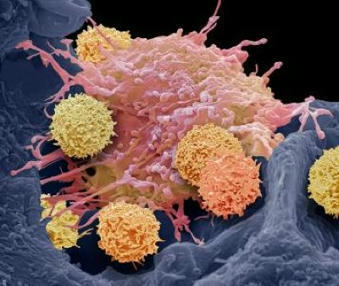


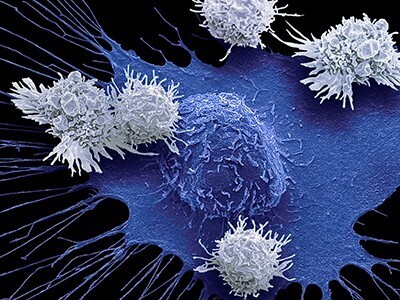
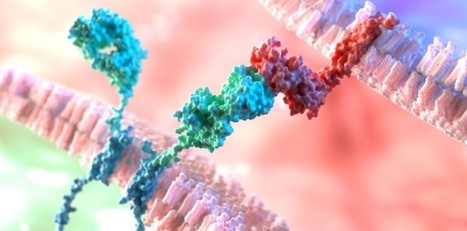
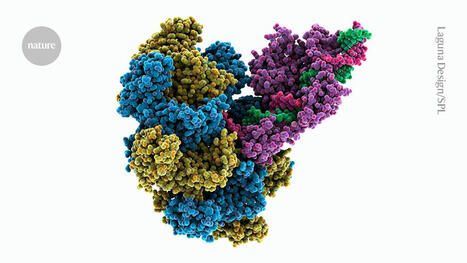


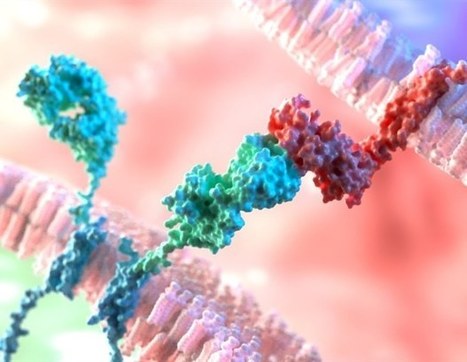


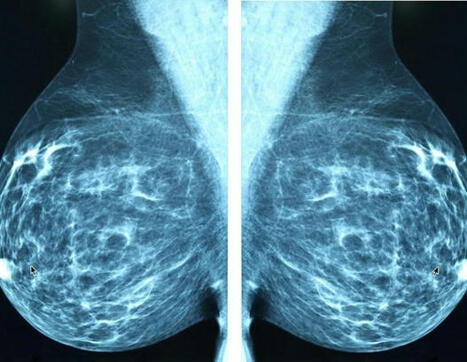
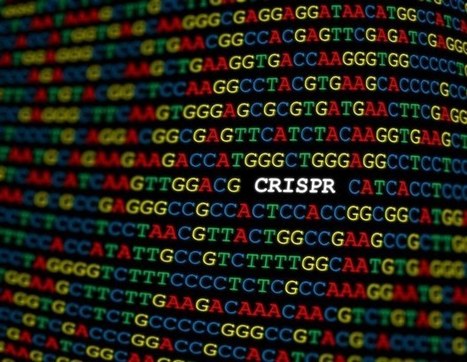
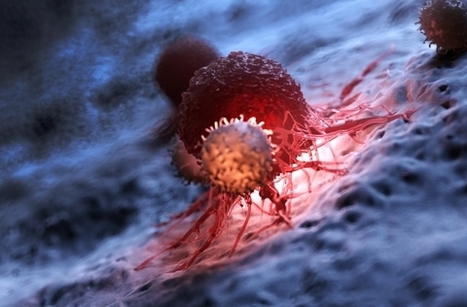
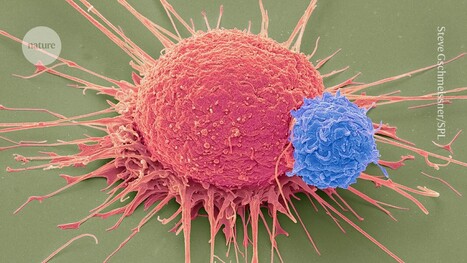







Gene editing is redefining the potential of cancer immunotherapy, not only by enhancing precision, but also by extending its reach beyond T cells. A recent Nature Biotechnology review highlights how CRISPR is being used to reprogram innate immune cells, including Natural Killer (NK) cells, macrophages, and γδ T cells, to enhance their tumor-fighting abilities. By knocking out inhibitory genes, NK cells become more resilient, metabolically robust, and cytotoxic. Macrophages, typically immunosuppressive within the tumor microenvironment, are now being engineered with CARs and cytokines to adopt proinflammatory, anti-tumor roles. γδ T cells, which combine innate and adaptive immune features, are also being explored for CAR-based therapies thanks to their stress-sensing T-cell receptors and natural cytotoxicity. Early trials across multiple tumor types suggest these engineered cells could drive a new wave of more effective and versatile cancer immunotherapies.